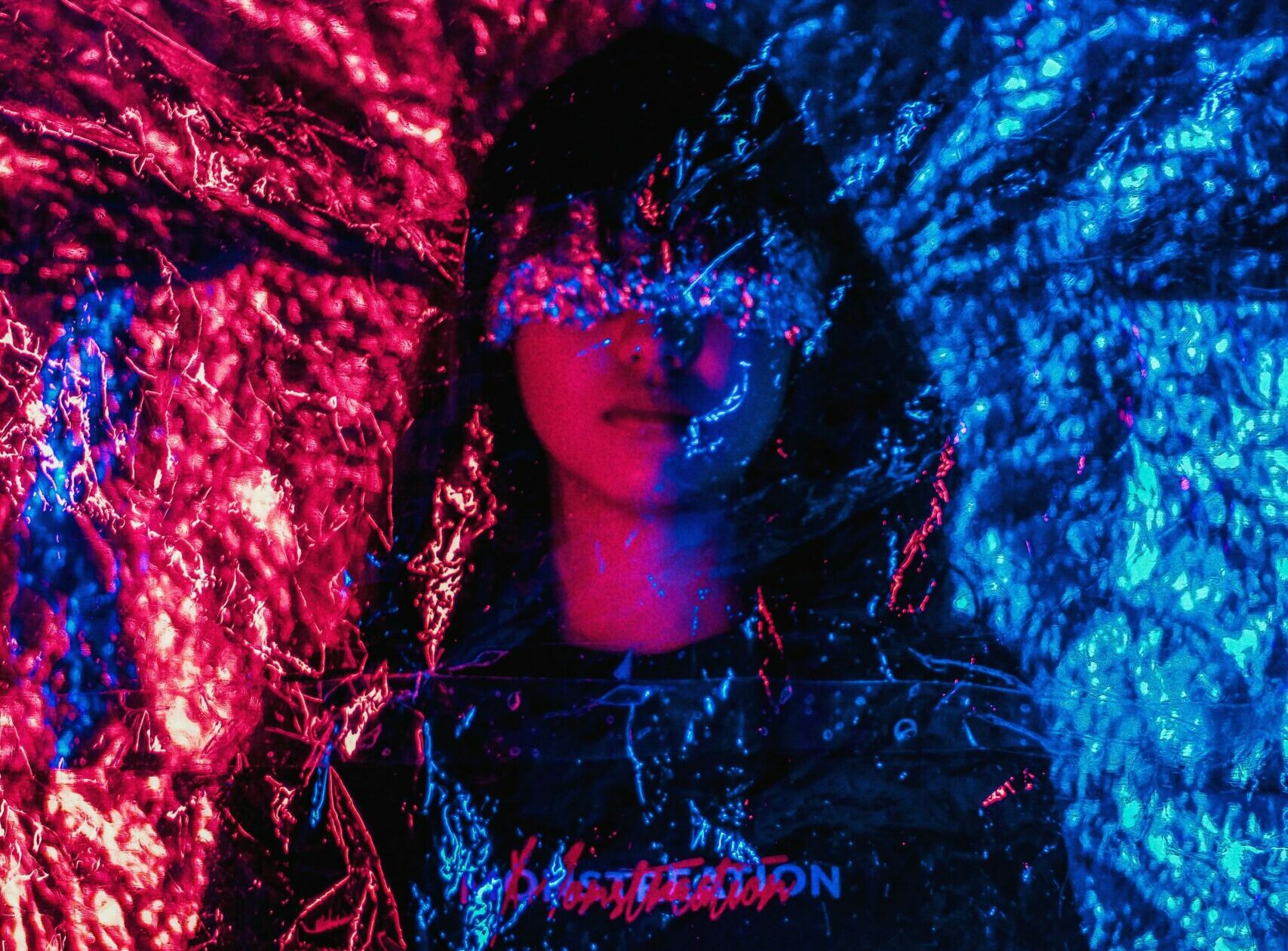Hello You,
There was already the virtual spouse, now there is the virtual influencer! The debate on the issues related to influence and ethics (fake news business, transparency on partnerships, etc…) is just emerging and already new forms of influence are emerging. One of them? Her name is Rozy and she already has more than 70 000 followers on Instagram. She is a 100% fictional Korean influencer, who has everything of a real person. Travel photos, culinary discoveries, fashion advice… We find all the codes of the influence as we know it today. A disturbing phenomenon that Passion Media has dissected for you.
A fictitious influence created from scratch by a company
Behind the now unavoidable Rozy, there is first of all the South Korean company Sidus Studio X. Yes, it is this team that is at the origin of this concept: recreate the profile of an ideal 22 years old influence living in Korea. And for more than 3 months, the Internet users saw nothing but fire. And for good reason, it was almost impossible to distinguish the real from the fake. In fact, it was only last December that the company revealed Rozy’s true identity. And yet, there was no scandal following this announcement. No, the fans did not flee the account, quite the contrary. Rozy’s community continues to grow, and to generate more and more business.
An influence marketing that seduces
The concept seems to seduce brands. Rozy has recently signed two advertising contracts and 8 other exclusive contracts should arrive by the end of the year. She has also made more than a hundred partnerships with brands featured on her account (perfumes, cosmetics, drinks, food, travel etc…). All sectors seem to bite the hook.
An unprecedented phenomenon across the world
And this is not a phenomenon that is limited to Asia. This type of influencer is emerging everywhere. We could for example talk about Lil Miquela, a Brazilian influencer “living” in Los Angeles who accumulates no less than 3 million followers on Instagram. There is also Shudu, a virtual model who already accumulates 218,000 followers on Instagram, and presents herself as the first virtual model in the world. In South Korea, there is also a new K-Pop group (Eternity of its small name) which is composed… of virtual musicians. They have already released 2 videos, which were very successful.
IKEA, pioneer on the theme of virtual influencers
And besides, there is a brand that fully assumes this strategy: IKEA. Yes, the furniture brand had recently launched an advertising campaign based entirely on the avatar Imma, created from scratch for the occasion. She has more than 350,000 followers on Instagram.
Towards an increasingly fake world?
With this phenomenon, many questions emerge. What future for real influencers, those who are in real life? Is it possible to create an ethical charter for influencer marketing? How to inform users of the backend so that they can discover the content with full knowledge of the facts? How can we protect the most vulnerable?
)




